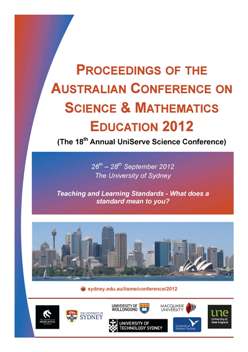Facilitating timely feedback in the Biomedical Sciences
Abstract
It is clear that feedback is one of the most influential factors on student learning gains (Hattie & Timperley 2007). However, student course and subject evaluations reveal that the provision feedback is rated poorly, and students often fail to engage with the feedback that is provided (Price, O’Donovan, & Rust, 2007). Students regularly seek more feedback, but as class sizes increase, the ability of academic staff to provide timely and detailed feedback to individuals decreases. This project developed a method of providing detailed, specific and timely feedback to students of the biomedical sciences in large class settings at institutions in Australia and the UK. We investigated the extent and quality of feedback provided through analysis of annotated scripts, and examined how students interpreted and used the feedback received, by identifying how student work was modified in response to feedback. Further, we examined the effectiveness of feedback in enhancing student learning through improvements in student learning gains. REFERENCES Hattie, J. & Timperley, H. (2007). Review of Educational Research, 77(1), 81–112. Price, M., O’Donovan, B., & Rust, C. (2007). Innovations in Education and Teaching International, 44(2), 143-152.Downloads
Published
2012-08-28
Issue
Section
Abstracts
